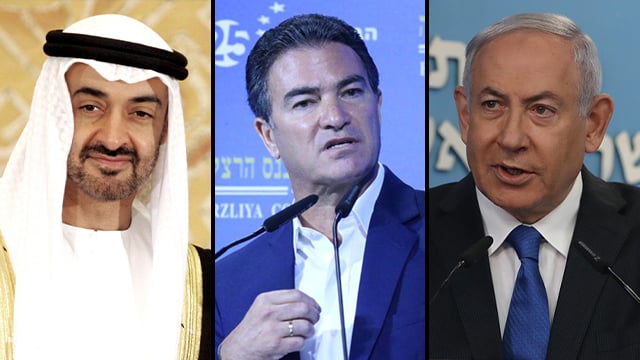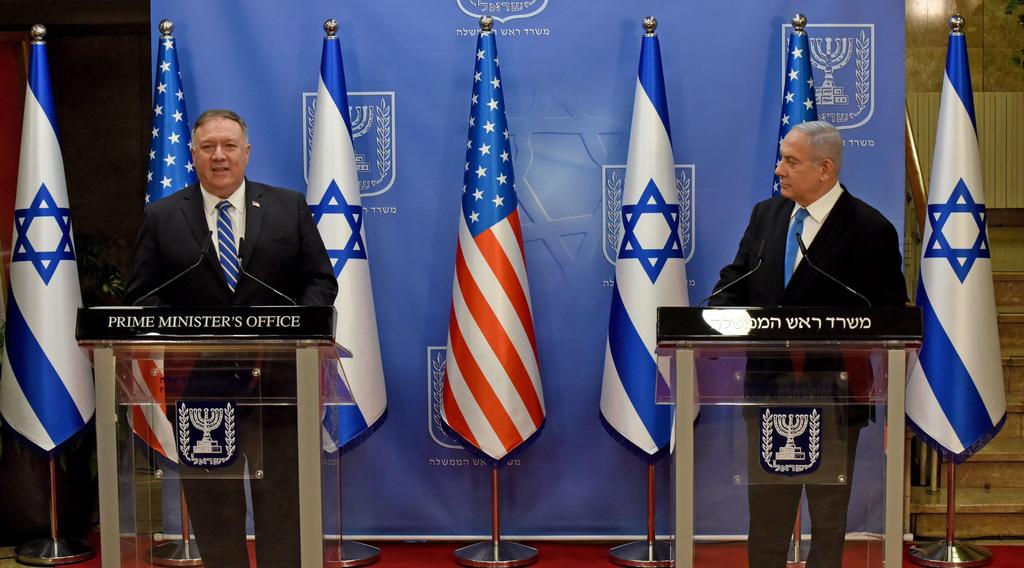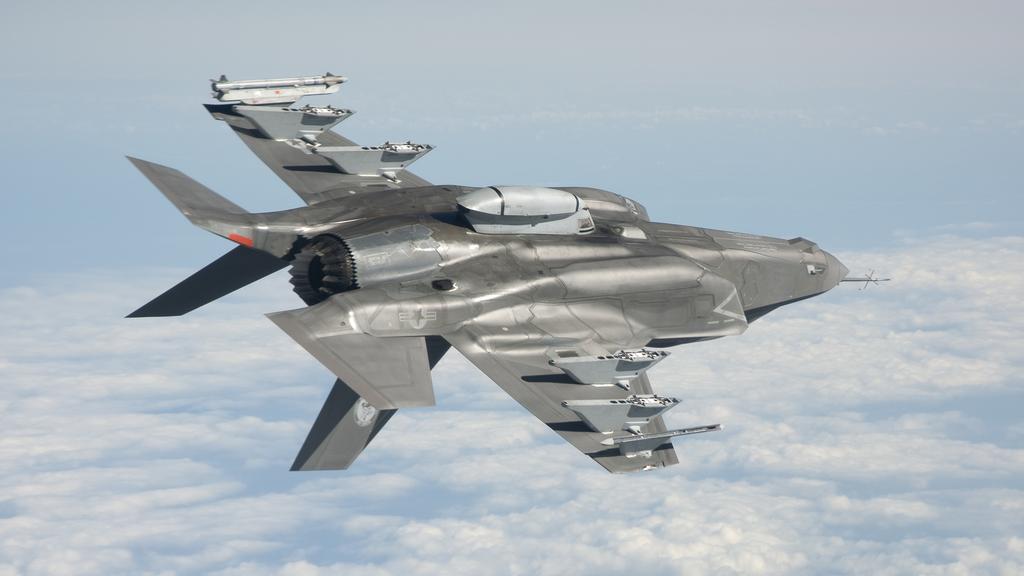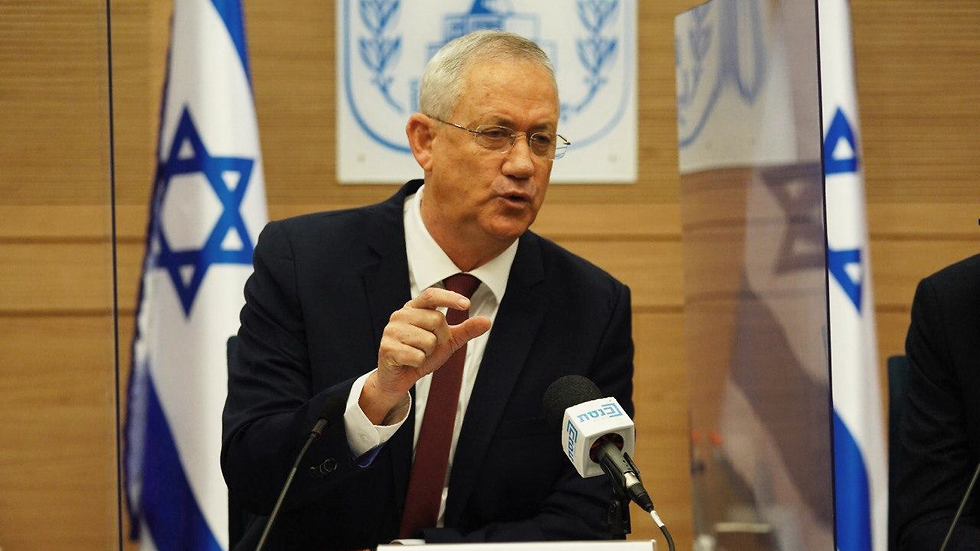Getting your Trinity Audio player ready...
The deal to sell U.S. F-35 fighter jets to the UAE as part of its normalization agreement with Israel is only the tip of the iceberg when it comes to the battle being waged by the Prime Minister's Office and the Mossad intelligence agency against the Defense Ministry.
The Mossad, encouraged by Prime Minister Benjamin Netanyahu, is pushing to sell the UAE advanced weapon systems and highly classified information, while the Defense Ministry adamantly objects to giving away some of Israel's more advanced warfare capabilities, for fear of classified information leaking to enemy states.
According to knowledgeable sources in Israel's defense establishment, for the last two years, both the Mossad and the Prime Minister's Office have been pushing for the Defense Ministry to approve the deal that would see Israel sell advanced equipment to the UAE - including intelligence capabilities and sophisticated precision weapon systems.
This is why those in charge of Israel's defense exports weren't thrilled when Ynet's Nahum Barnea revealed just a week ago that the U.S. has agreed to sell stealth jets to the UAE as part of the agreement with Israel - and without Netanyahu sharing the information with Defense Minister Benny Gantz, Foreign Minister Gabi Ashkenazi or the heads of the defense establishment.
4 View gallery


L-R: Abu Dhabi Crown Prince Mohammed bin Zayed, Mossad Director Yossi Cohen and Prime Minister Benjamin Netanyahu
(Photos: Yonatan Zindel, AP and Moti Kimchi)
The Defense Ministry closely examines any plans to sell warfare capabilities to foreign countries, which the ministry classifies in three categories.
"Ordinary" countries are those to which the Israeli defense companies are allowed to sell highly classified weapon systems, including friendly European countries.
"Special" countries are those that the Defense Ministry fears would leak unique Israeli knowledge to hostile countries. The defense industries are allowed to sell them standard equipment.
"Forbidden" countries are those to which Israel does not sell any military equipment whatsoever.
Officially, the UAE falls into the "special" designation, meaning Israeli industries cannot sell the Gulf state any special weapon systems. In practice though, the UAE has enjoyed a supply of highly classified Israeli military equipment for the past eight years.
4 View gallery


U.S. Secretary of State Mike Pompeo and Prime Minister Benjamin Netanyahu speaking to the press after meeting in Jerusalem on Monday
(Photo: AFP)
The shift came in 2010, after the termination of the Hamas chief of logistics and weapons procurement, Mahmoud Abdel Rauf al-Mabhouh, in a Dubai assassination widely attributed to Mossad.
After al-Mabhouh's killing, a deep schism was formed between the two countries, which affected Israel dearly.
The head of the Mossad at the time, Tamir Pardo, was sent to the Emirates with the intention of mending the relationship between the Gulf state and Israel. The restoration of relations was conditioned on an Israeli agreement to sell a number of weapons to the United Arab Emirates.
Following this agreement, the UAE was offered classified Israeli weapons systems, and since then the Emirates have actually benefited from a fairly open and diverse arms market in Israel, while pledging that none of the weapons would be transferred to elements hostile to Israel.
Currently, the Prime Minister's Office and the Mossad, now headed by Yossi Cohen, are demanding that the Defense Ministry facilitate the issuance of permits that will allow Israel to sale weapons to the Emirates. This is both for economic reasons and as part of the moves to strengthen the ties between the two countries.
But the Defense Ministry says that selling equipment with a particularly high level of classification to the Gulf states still presents the danger of Israeli equipment and know-how falling into hostile hands such as Iran.
The Prime Minister's Office has denied that Netanyahu is pushing for the UAE sales.
"This is nothing but false accusations," the PMO said.
"No such request has reached the prime minister in recent years, and if such a request had been presented to him, the prime minister would never have approved it."



